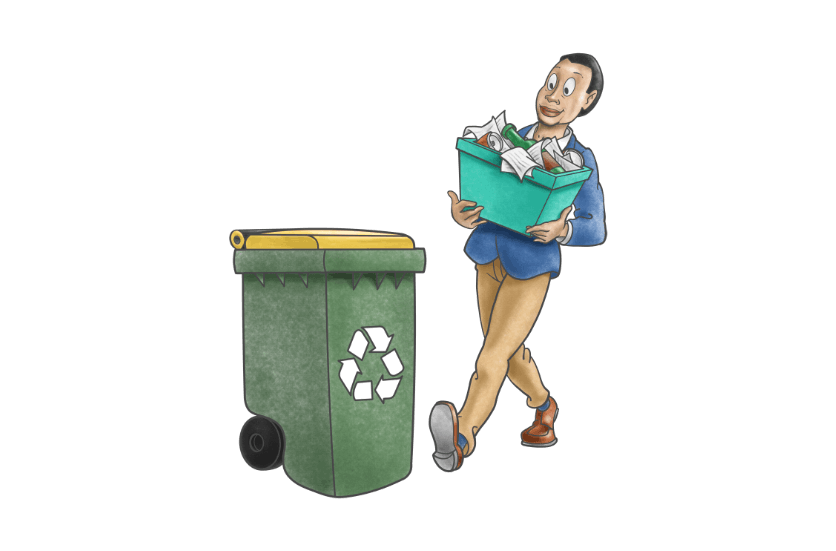
Net Zero is becoming more of a focus, both for governments and for businesses. As a result, many companies are coming forward with Net Zero strategies and policies that outline what the company is doing to cut down on carbon emissions.
Welcome to my new series, where I’m calling out some companies that have fantastic sustainability policies and Net Zero strategies. I’ll be looking at what they’ve committed to, how they’re delivering on it, and the impact they can have.
In this issue, I’m highlighting Who Gives A Crap. Who Gives a Crap is a company that sells toilet paper in bulk - both through one-off boxes, or via a subscription so you never run out of loo roll again!
Who Gives a Crap was founded with the mission of donating 50% of their profits towards sanitation facilities for in-need communities. As of the time of writing, they have donated $10.8 million AUD — which is absolutely incredible! They are a certified B-Corp, meaning they meet the highest standards of social and environmental impact, transparency, and legal accountability.
In 2020, Who Gives A Crap announced that all their shipping, from factory to customer, was entirely carbon neutral. While they couldn’t completely prevent carbon emissions, they were able to offset these emissions through an offset broker called Pachama.
They underwent a life cycle assessment of their product, working with a specialist sustainability firm to figure out how much CO2 is released into the atmosphere on the back of their product manufacturing cycle. By knowing this, they were able to figure out how much carbon to offset to neutralise these emissions.
Not only this, but Who Gives A Crap has committed to implementing renewable energy in ‘several parts’ of their supply chain, in order to minimise emissions even further. They’re not even tooting their own torn about it - for the founders at Who Gives a Crap, it’s all about doing more and innovating more to bring those emissions down.
I’m very excited and impressed about the direction Who Gives a Crap is going toward with implementing low emission means of production, including manufacturing and shipping. I’m optimistic other companies can have a similar impact and recognise the importance of neutralising their carbon emissions.
















